LES VEGETARIENS
By nature, we are omnivorous, not vegetarian. Our system is designed to metabolise meat, fish, vegetables, grains and many other foods. Yet I understand why many people become vegetarian.
Traditionally, chefs have Olympian ignorance about – and a great prejudice against – vegetarians, but I find it quite pleasing that one eats as one thinks and as one lives. Most of my vegetarian guests and friends are actually extremely appreciative of their food, and very knowledgeable. They have to be, as they need to follow essential nutritional guidelines in order to have a completely balanced diet.
Vegetarians can be deficient in nutrients, particularly protein. Lacking the complete proteins of meat, they have to combine the incomplete proteins of grains, beans and lentils to make complete proteins or eat some of these with some protein from dairy produce or eggs. Some possible combinations re: legumes (lentils, peas or beans) with nuts; legumes with all grains; fresh vegetables with rice or other whole grains; fresh vegetables with mushrooms.
There are other risks as well. In Britain, strict Hindus and others who eat no animal food can be vulnerable to osteomalacia and rickets, caused by a deficiency of Vitamin D. Vitamin B12 only occurs in animal products, and a deficiency can result in pernicious anaemia in vegans, vegetarians who do not eat milk, eggs or cheese).
Vegetarian food can be sumptuous, healthy and simple to cook. We have had a vegetarian a la carte menu at Le Manoir for many years. Partly, it is a spur to my kitchen: meat dishes offer big tasters, but vegetarian dishes are as varied, and can be as intense, requiring a lighter hand and a finer palate.





